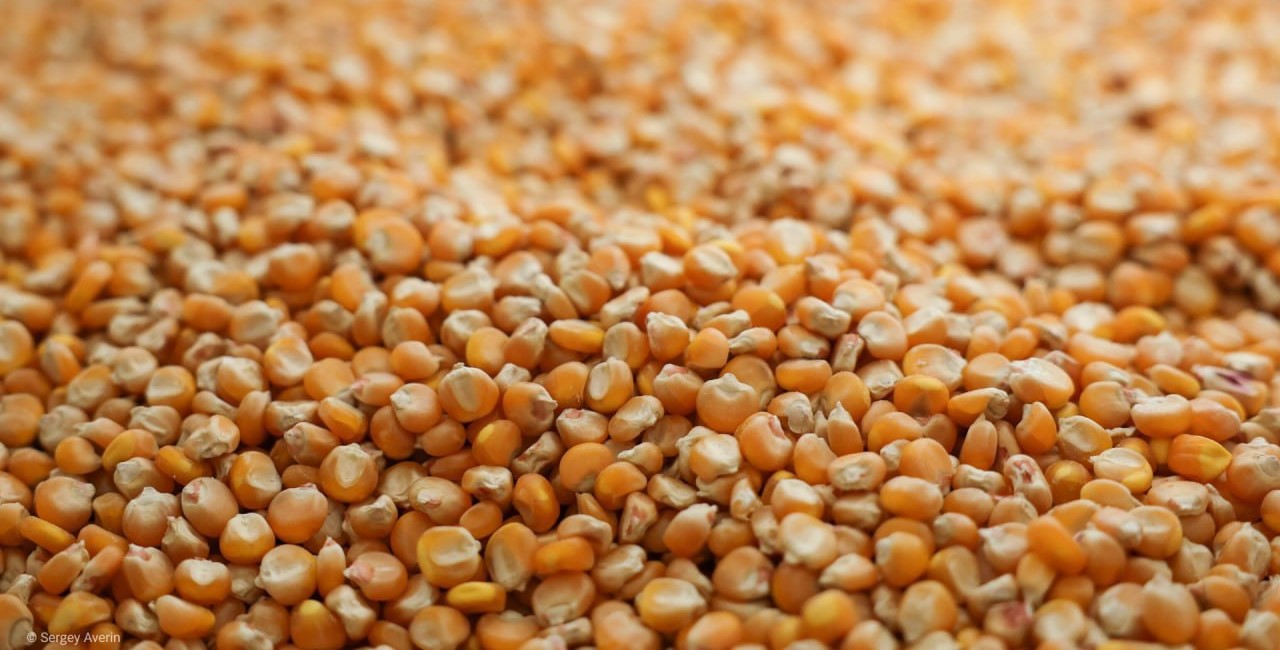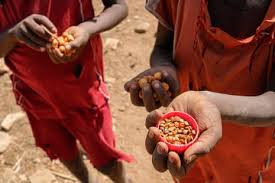Nigeria’s Senate has taken a significant step to address the country’s worsening hunger crisis by passing a bill that seeks to criminalize the export of large quantities of unprocessed corn. The move, which awaits presidential approval to become law, aims to protect domestic food supplies as Africa’s most populous nation grapples with soaring food insecurity and the harsh impacts of ongoing economic reforms.
Under the proposed legislation, the export of unprocessed corn exceeding one metric ton would be prohibited. Violators would face severe penalties, including fines equivalent to the value of the exported corn or up to a one-year prison sentence. The bill comes at a critical time when Nigeria’s food systems are under immense strain, and millions of Nigerians are at risk of hunger.
Nigeria is experiencing its worst cost-of-living crisis in decades, driven by a combination of global economic headwinds and domestic policy reforms. Key among these reforms are the removal of long-standing fuel subsidies and the devaluation of the naira. While these measures were introduced to stabilize Nigeria’s struggling economy, they have triggered sharp inflation, weakened purchasing power, and escalated food prices.
The rising cost of living has put staple foods like corn further out of reach for millions of households. As one of Nigeria’s primary food staples, corn is not only consumed directly but also serves as a critical ingredient for animal feed and various processed foods. Its availability directly impacts food security, livelihoods, and the broader agricultural economy.
To compound matters, informal corn exports to neighboring West African countries have surged in recent months. Favorable exchange rates, resulting from the naira’s depreciation, have incentivized traders to move significant quantities of corn across borders for higher profits. While lucrative for exporters, this trend has exacerbated domestic shortages and placed additional pressure on Nigeria’s food supply.
The Nigerian Senate’s decision to criminalize unregulated corn exports reflects growing concerns about the country’s food security outlook. Lawmakers have emphasized that unchecked exports are worsening an already dire situation, particularly for low-income families who rely heavily on affordable staple foods.
A recent joint report by the Nigerian government and the United Nations paints a bleak picture: food insecurity in the country is projected to increase by one-third in the coming year, potentially affecting over 30 million Nigerians. This alarming forecast underscores the urgency of protecting domestic agricultural output to mitigate the growing crisis.
By limiting the export of unprocessed corn, the bill seeks to redirect supplies toward domestic consumption and stabilize prices in local markets. Lawmakers argue that ensuring food availability within Nigeria is a matter of national security and economic stability.
The bill also highlights the complex balancing act facing Nigerian policymakers as they pursue economic reforms while safeguarding citizens from their unintended consequences. The removal of fuel subsidies and currency devaluation—though necessary for long-term economic stabilization—have disproportionately impacted vulnerable populations.
Inflation, which has soared to multi-decade highs, has hit food prices particularly hard. Corn, a versatile crop widely consumed across the country, has become emblematic of the broader food crisis. Restricting its export is therefore seen as a vital short-term measure to ease domestic supply pressures and offer relief to Nigerian households.
However, critics have raised concerns about the implementation of the bill. Enforcement of export restrictions in Nigeria’s porous border regions remains a perennial challenge. Without robust monitoring mechanisms, there is a risk that the policy may be undermined by informal cross-border trade.














Leave a comment